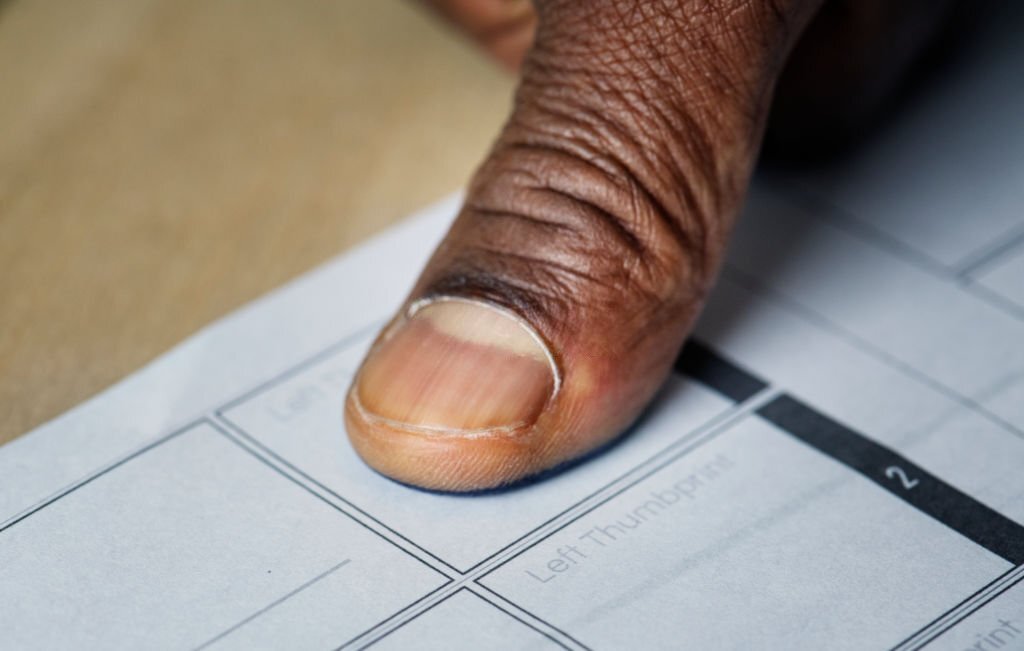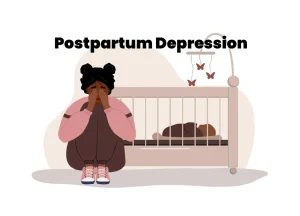Some political events are usually accompanied by tension and apprehension. One such event is elections. The climate elections bring about is not specific to region or country, as it is experienced in many countries – particularly developing countries.
The sensitivity surrounding elections can lead to certain unrests, including:
- Insecurity.
- Corruption and a lack of transparency
- An uptick in crime
- Inflation and economic instability
All of these impact the mental health of citizens because it increases their stress levels and threatens their ability to cope and function regularly. A common mental health effect during these periods is anxiety. People become overwhelmed with anxiety from the insecurities, there is an increase in worries over inflation and skyrocketing prices of goods, and fears of falling victim to crime also increase excessively.
While people take precautionary measures to protect themselves from avoidable harm and threats during this period, these precautions and protections are often not extended to mental health.
Below are some ways to safeguard your mental health during such a tense period.
- Take care of your body: Taking care of yourself physically can help improve your mental health. It is essential to eat healthy, regular meals, including fruits and vegetables; drink plenty of water; avoid smoking and excessive intake of alcohol; and get adequate sleep. All of this help to keep you physically fit, improving your mental well-being.
- Stay connected with family, friends, and loved ones: Staying connected keeps you updated on what is going on with your loved ones and their different environments. This is also a way to ensure the safety of your loved ones and reach out for help once that safety is threatened.
- Try a relaxing activity: Take time out to explore several relaxation activities, meditation, yoga, or simple breathing activities that help calm the body and relieve stress.
- Limit movements: It is advised to stay indoors as much as possible. Only go out when absolutely necessary. This will help reduce exposure to threats and stress. If you feel tired from staying indoors, take a leisure walk around your neighbourhood, but do not wander far away from home.
- Try out a new activity: Life can feel more interesting when open to new experiences. We might explore a new side of our being that we didn’t know existed.
- Focus on positivity: This can be difficult, considering the constant exposure to negative news and media information. These can influence our thought processes. When you think negatively, take a break from reading the news and focus on re-aligning your thoughts. Practice positive affirmations
- Understand and manage your feelings: The way we feel can interfere with our lives, making it difficult to think, sleep, work, or deal with other people. So, understand those things or activities that trigger negative emotions, and avoid them. Gravitate towards those actions or things that evoke positive emotions and feelings.



